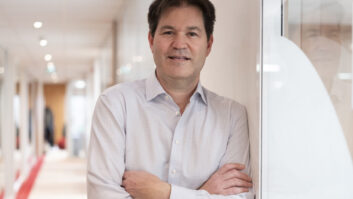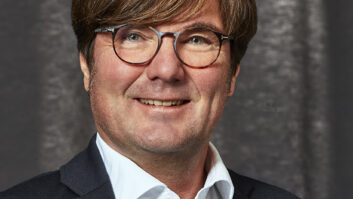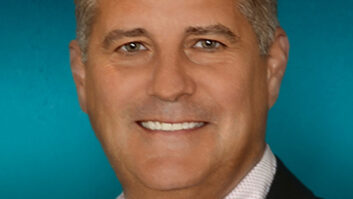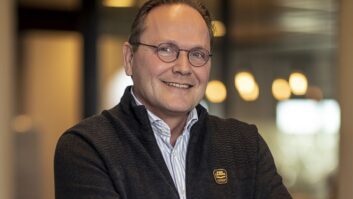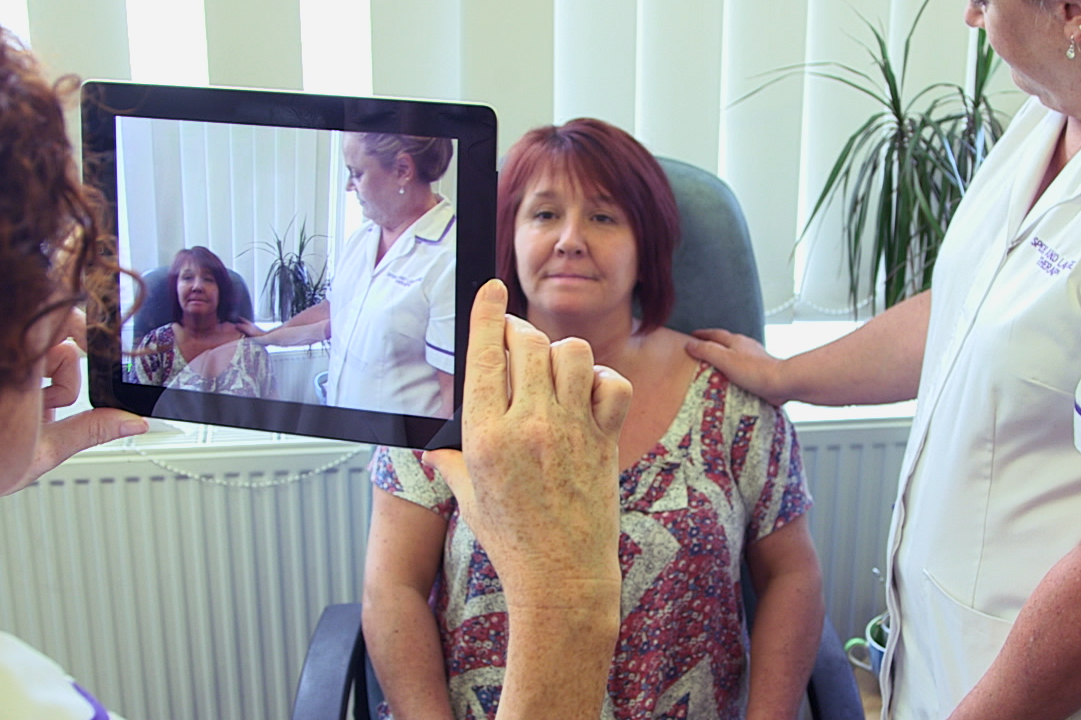
Blackpool Teaching Hospitals NHS Foundation Trust has successfully trialled a new Video-as-a-Service (VaaS) telemedicine solution, with new technology from Polycom and IT services specialist Imerja.
The technology is being used in nursing homes across Lancashire and South Cumbria to help spot residents with swallowing difficulties (dysphagia), which is common among people with neurological illness, stroke or other age related diseases. It can also be an indicator of other serious issues such as the onset of pneumonia and malnutrition.
If a qualified speech language therapist (SLT) sees a patient quickly it can prevent further deterioration to the patient’s health and hospital admission. However with limited resources available, the SLT Team at Blackpool Victoria Hospital looked at alternative ways of delivering assessments using technology, which resulted in the creation of the teleswallowing service.
The service is based on the VaaS offering from Polycom and managed and maintained by Imerja. This delivers the benefits of the Polycom RealPresence Platform without the on-premises setup, deployment and operational costs. The videoconferencing is setup on the patient’s iPad with Imerja adding contacts to their directory so the patient can then connect to the hospital.
Veronica Southern, Clinical Lead on the teleswallowing project, explained: “We work in collaboration with our colleagues in the nursing homes to be able to access patients more rapidly – and try to help them before they deteriorate too far and have to be brought into hospital – meaning we can use the time saved for other things such as delivering more intensive therapy for people on the stroke unit.
“Not only does this project deliver a modern approach to swallowing assessment, it also can delivery potentially high cost efficiencies.”
Dr. Elizabeth Boaden, a specialist treating elderly patients with swallowing disorders, added: “The system is brilliant for staff and patients alike. It keeps patients in their own homes, saving them the discomfort or distress of coming to hospital and has released capacity for speech and language therapists. Using the Polycom solution we’re now able to undertake a teleswallow assessment in about 30 minutes compared to an hour and a half when we had to travel to meet patients.”
The success of this project can now further extend the concept of teleconsultation to other therapy professions. Discussions have already begun around the use of video technology for remote assessment and treatment in podiatry and dermatology.
Southern continued: “This approach is aligned to the focus on contemporary service delivery and adheres to the NHS 5 Year Forward View vision, stating the contribution the NHS can make to the health of the nation and the transformation needed to meet the needs of current and future patients. This is an opportunity for the NHS to modernise. By harnessing technology to provide different care models, one being telesolutions, services can be accessed quicker by the sick and vulnerable, and delivered faster by healthcare professionals, enabling a more effective use of our scarce clinical resources.”



